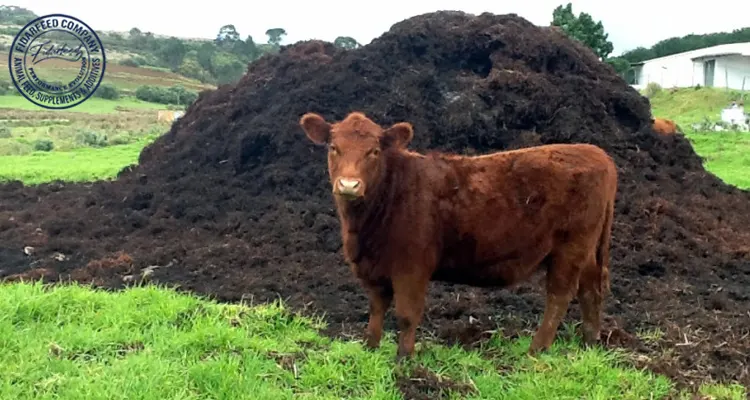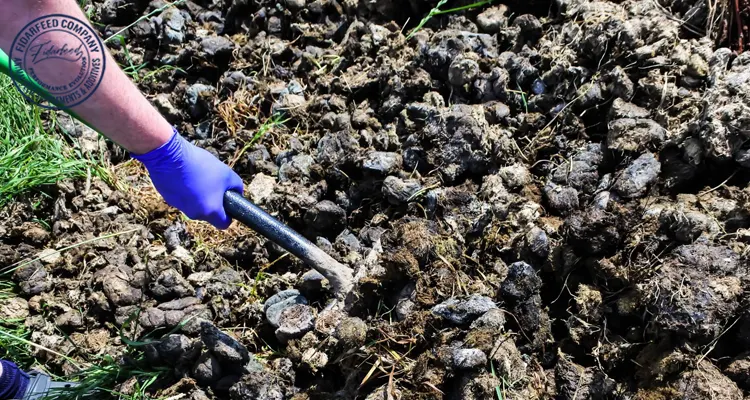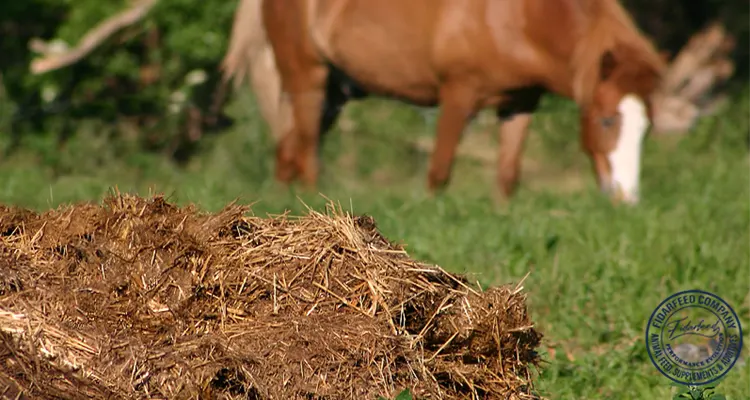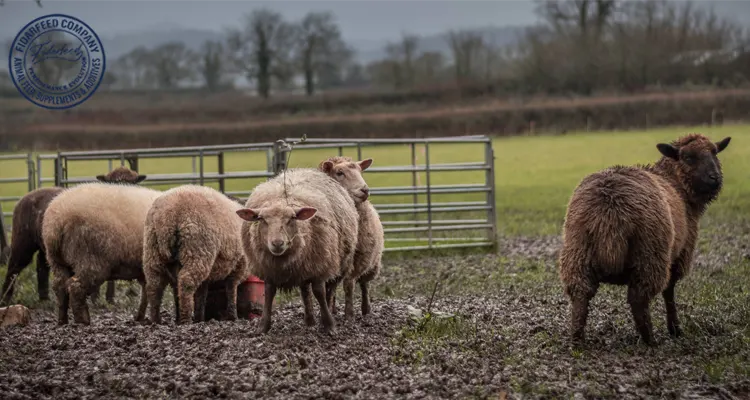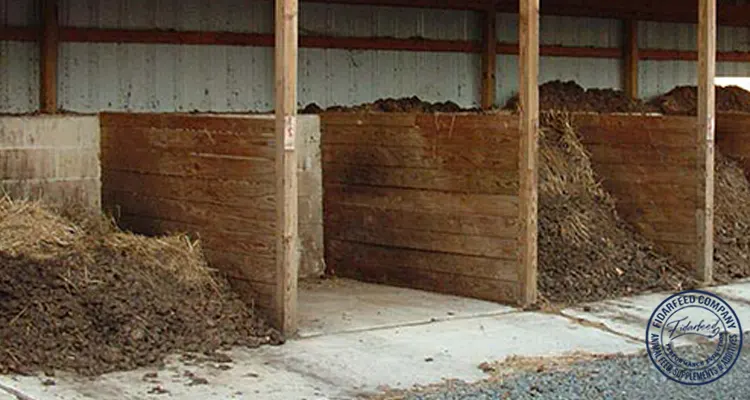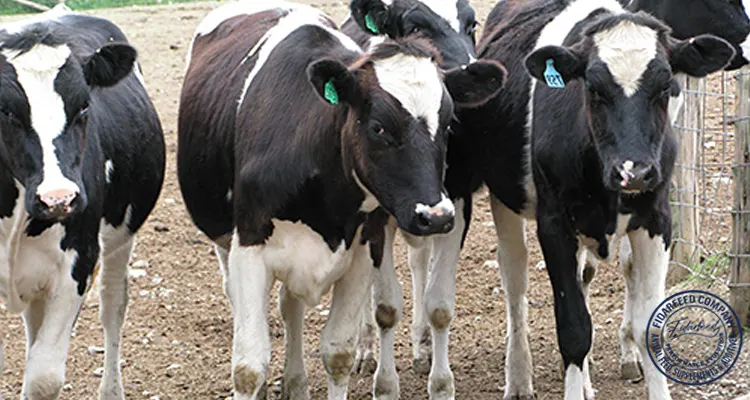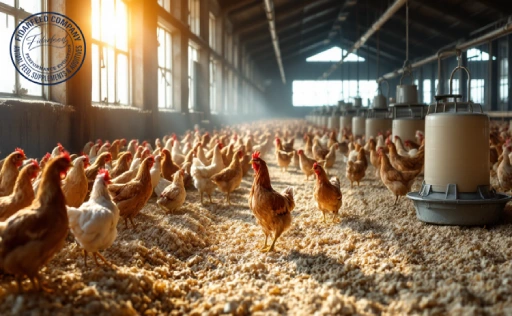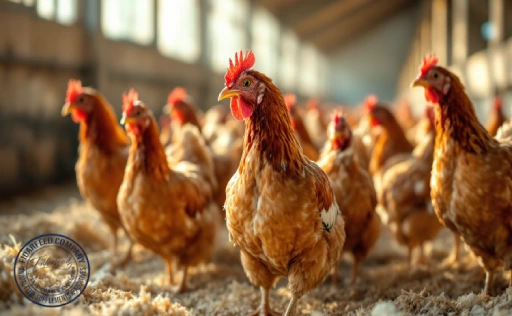Why Livestock Waste Management Matters: A Key to Sustainable Farming
Livestock Waste Management is not just about keeping farms clean, it plays a vital role in environmental sustainability, animal health, and farm profitability. Poor waste handling can lead to soil and water pollution, increased greenhouse gas emissions, and even disease outbreaks. On the other hand, effective waste management helps farmers reduce costs, improve soil quality, and even generate additional revenue. By implementing the right strategies, livestock breeders can turn waste into a resource rather than a liability.
Understanding Livestock Waste: Types and Challenges
Livestock waste includes solid manure, liquid waste (urine and wastewater), and gaseous emissions like methane and ammonia. Managing these different types of waste can be complex, especially for large-scale operations.
Learn more about: Probiotic Supplement for Livestock
Excess manure can lead to nutrient runoff, contaminating nearby water sources, while untreated liquid waste can introduce harmful pathogens into the environment. The challenge lies in finding a balance between waste disposal and resource utilization while ensuring compliance with environmental regulations.
Best Practices for Livestock Waste Collection and Storage
Efficient waste collection and storage are the foundation of a good waste management system. Farmers should:
- Use covered manure pits or lagoons to prevent runoff and odor issues.
- Implement slatted floors or automatic scrapers in barns to streamline waste collection.
- Separate liquid and solid waste for easier processing and utilization.
Learn more about: Global Market Analysis of Alternative Protein Sources in the Livestock Industry
- Store manure in properly lined storage areas to minimize contamination risks. By adopting these practices, livestock breeders can ensure safer and more manageable waste disposal while reducing environmental hazards.
Turning Waste into Wealth: Recycling and Reusing Livestock Waste
Rather than treating waste as a problem, farmers can turn it into a valuable asset. Here’s how:
- Composting: Converting manure into nutrient-rich compost improves soil fertility and reduces the need for chemical fertilizers.
- Biogas Production: Anaerobic digestion of manure produces biogas, which can be used for heating, electricity, or fuel.
Learn more about: Economic Evaluation of Alternative Protein Sources in Livestock Farming
- Organic Fertilizers: Processed manure can be turned into high-quality organic fertilizer, which is in demand among organic farmers. These recycling methods not only reduce waste but also provide additional revenue streams for farmers.
Manure Management Strategies: Enhancing Soil Health and Crop Growth
Properly managed manure can be an excellent soil conditioner. Key strategies include:
- Manure Application Planning: Applying manure at the right time and in the right amounts ensures maximum nutrient absorption by crops.
- Cover Cropping: Planting cover crops helps absorb excess nutrients and prevents runoff.
Learn more about: Boosting Nutrient Absorption in Livestock with Probiotics
- Soil Testing: Regular soil testing helps farmers determine nutrient needs and adjust manure applications accordingly. By using manure wisely, farmers can enhance crop yields while reducing dependence on synthetic fertilizers.
Modern Waste Treatment Technologies: Eco-Friendly Solutions for Farmers
Advancements in waste treatment technology offer eco-friendly solutions for livestock breeders:
- Anaerobic Digesters: Break down organic waste to produce methane, reducing greenhouse gas emissions.
Learn more about: Why Choose Prepared Feed for Your Farm Animals: Livestock, Poultry, and Aquaculture
- Lagoon Aeration Systems: Oxygenate manure lagoons to reduce odors and accelerate decomposition.
- Advanced Composting Systems: Speed up composting while minimizing nutrient loss. Investing in these technologies can significantly improve farm efficiency and sustainability.
Legal Regulations and Compliance: What Farmers Need to Know
Environmental laws regulate livestock waste management to protect water and air quality. Farmers must comply with regulations related to:
- Proper manure storage and handling.
- Waste disposal and nutrient management plans.
- Air and water quality protection measures. Non-compliance can result in hefty fines or legal action, so staying informed about local and national regulations is crucial.
Common Mistakes in Livestock Waste Management (and How to Avoid Them)
Some common errors in waste management include:
- Overapplying manure on fields, leading to nutrient runoff.
- Improper storage, causing groundwater contamination.
- Neglecting waste separation, making processing inefficient.
- Ignoring regulatory requirements, resulting in legal consequences. By addressing these mistakes, farmers can optimize waste management and improve overall farm productivity.
Future Trends: The Role of Technology in Livestock Waste Management
The future of livestock waste management is evolving with technology. Emerging trends include:
- Precision farming tools that optimize manure application based on real-time soil data.
- Automated waste collection systems that enhance efficiency.
- AI-driven waste analysis, helping farmers make data-informed decisions. As these innovations become more accessible, they will transform waste management into a highly efficient and sustainable practice.
Conclusion: Building a More Sustainable and Profitable Farm
Efficient livestock waste management is essential for farm sustainability, profitability, and environmental protection. By implementing best practices, leveraging new technologies, and staying compliant with regulations, farmers can turn waste into a valuable resource. What are your thoughts on livestock waste management? Share your experiences, ask questions, and join the conversation in the comments below!

